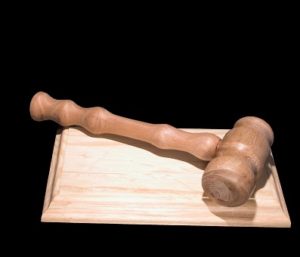Will You Get Money Back for Probate Bonds?

Probate bonds – a.k.a. fiduciary bonds, estate bonds, and executor bonds – are made to safeguard the estate of the deceased from fraud, incompetence, and additional bad actions by an estate’s executor. An executor posts the bond, and as long as she/he does not involve themselves in any action which causes loss to an estate, the bond’s principal is returned to him/her when the estate is closed.
Function of the Executor
Usually, when one makes a will, she/he also names the executor in the will. If she/he does not, the probate court appoints someone to act as the executor. After the creator of the will dies, an executor has several duties. He has to locate the will and provide it to the probate court; assemble all the deceased’s property; pay all debts that are still owed by the deceased when she/he passed away; pay property and estate taxes; pay for all funeral arrangements that are made by the deceased; and, as the will is probated, distribute the property of the deceased.
In doing these duties, an executor has to follow the deceased’s intentions as they were expressed in the will. During all times of the probate process, an executor must be supervised by the probate court.
Duties of the Fiduciary
The law holds the executor to high standards. The executor has a fiduciary duty to all beneficiaries of the deceased’s estate. The fiduciary has to act in the estate’s best interest, and not their own. The fiduciary has to perform in a legal and ethical manner.
The executor must not only keep the deceased’s assets separate from his own, he has to keep accurate accounting records, as well as offer all accounting details asked for by any beneficiaries. An executor’s personal interests can’t conflict with the interests of the beneficiaries and estate. If an executor’s actions create this type of conflict of interest, she/he has violated the fiduciary duty.
What is the Purpose of a Probate Bond?
Probate bonds are made to safeguard the beneficiaries and estate in case the executor does not live up to his obligations and duties. The bond will give the beneficiaries peace of mind and reassure them that even if an executor loses state assets, they’ll be compensated.
The will itself sometimes requires an executor to post a bond. In addition, the probate court might order an executor to post bond. However, if neither of those situations apply, the estate might not require a probate bond, whatsoever. The will also may specifically say that an executor need not post a bond.
Return of Probate Bond
The quantity of the probate bond itself might vary depending upon the estate’s size. The executor theoretically should get the whole bond’s amount back after the probate procedure is complete, so long as he has not taken any action which harms the beneficiary’s rights or the estate.
